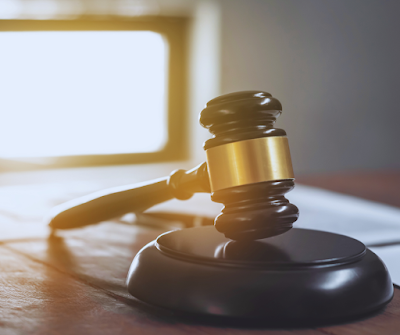When it comes to credit lending, there are five common legal entities:
- Sole Proprietorship: A business owned and operated by an individual, without limited liability or any of the other features of a corporation.
- General Partnership: A business entity where the owners share personal liability for the debts and obligations of the business.
- Limited Partnership: A form of partnership with general partners, who manage the partnership and are personally liable for its debts, and silent partners, whose liability is limited to the value of their interest in the partnership.
- Corporation: An artificial entity or “legal person” that under normal circumstances shields its owners from liability for its debts.
- Limited Liability Company (LLC): An entity similar to a corporation that ordinarily shields its owners (usually called members) from liability for the debts of their business.
In addition to the liabilities described for proprietors and general partners, personal liability may also arise in the context of other legal entities. For example, an individual may become liable by:
- Signing a personal guaranty or suretyship agreement.
- Managing a business as a member of a limited liability company on the very rare occasion that the documents creating the LLC require personal liability.
- Continuing to run a corporation that has been automatically dissolved by the state.
- Making purchases on behalf of a company that has not yet incorporated.
- Commingling personal money with business money or thinly capitalizing the business from the start.
Need Help from Michigan Collection Services?
No matter what entity you’re dealing with, if they’re not paying, we can help you collect. With our firm, you get a comprehensive package of Michigan-based collection services, including international debt and judgement collection. If you have questions or are ready to place a claim, call (248) 645-2440 or submit a contact form here.


No comments:
Post a Comment